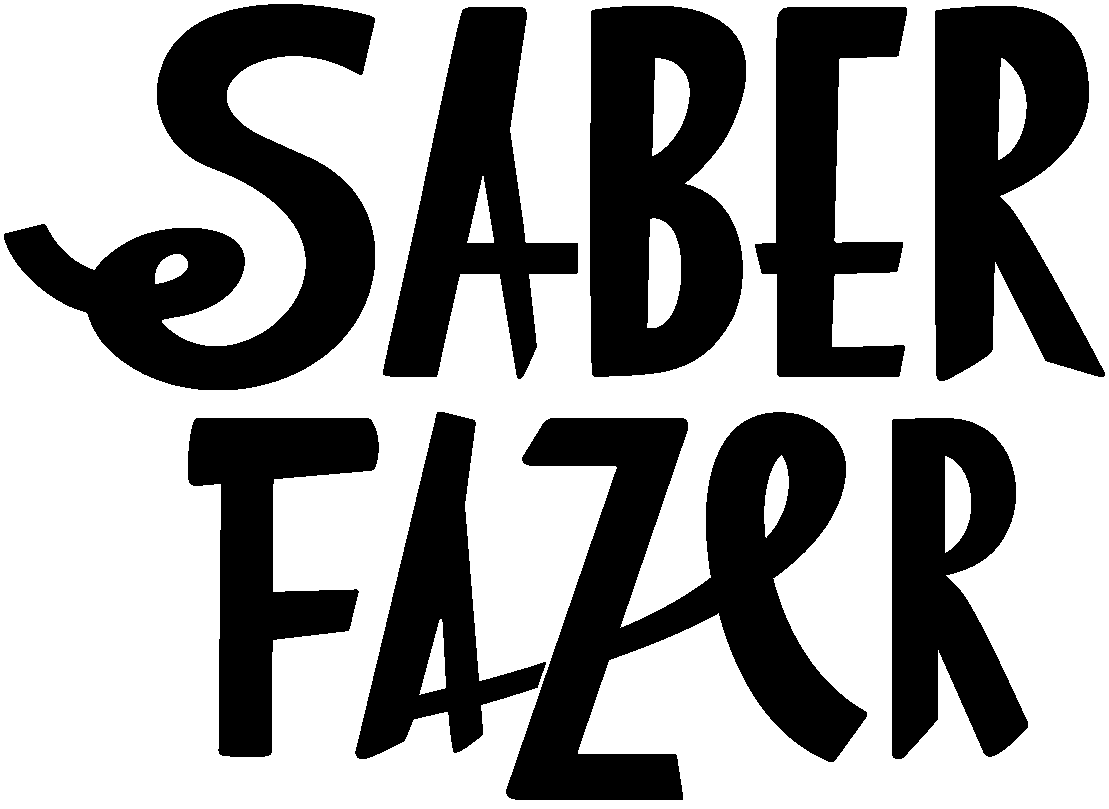The line that ties the world together
"It is a mesmerizing art, the spindle revolving below the strong thread that the fingers twist out of the mass of fiber held on an arm or a distaff. The gesture turns the cloudy mass of fiber into lines with which the world can be tied together. Likewise the spinning wheel turns, cyclical time revolving to draw out the linear time of a thread. The verb to spin first meant just this act of making, then evolved to mean anything turning rapidly, and then it came to mean telling a tale. Strands a few inches long twine together into a thread or yarn that can go forever, like words becoming stories. The fairy-tale heroines spin cobwebs, straw, nettles into whatever is necessary to survive. Scheherazade forestalls her death by telling a story that is like a thread that cannot be cut; she keeps spinning and spinning, incorporating new fragments, characters, incidents, into her unbroken, unbreakable narrative thread. Penelope at the other end of the treasury of stories prevents her wedding to any one of her suitors by unweaving at night what she weaves by day on her father-in-law’s funeral garment.
By spinning, weaving, and unraveling, these women master time itself, and though master is a masculine word, this mastery is feminine. Women were spinsters before the word became pejorative, when distaff meant the female side of the family. In Greek mythology, each human life is a thread that the three Moirae, or Fates, spin, measure, and cut. With Rumpelstilskin’s help, the unnamed fairy-tale heroine spins straw into gold, but the wonder is that every spinner takes the amorphous mass before her and makes a thread appear, from which comes the stuff that contains the world, from a fishing net to a nightgown. She makes form out of formlessness, continuity out of fragments, narrative and meaning out of scattered incidents, for the storyteller is also a spinner or weaver and a story is a thread that meanders through our lives to connect us each to each and to the purpose and meaning that appear like roads we must travel."
― do "The Faraway Nearby" , da Rebecca Solnit

